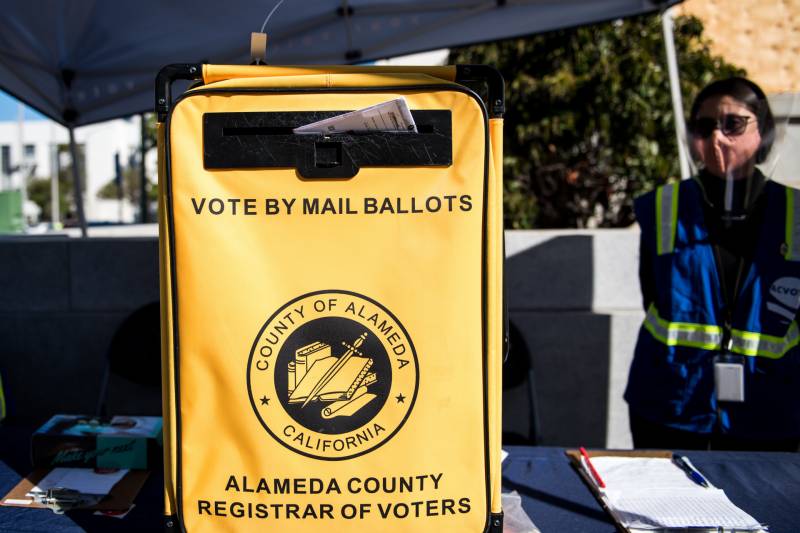The vote marks the latest step in California's transition away from traditional in-person voting. Last fall, election officials mailed every registered voter a ballot in order to prevent the spread of the coronavirus at the polls.
"This bill recognizes that the pandemic has not gone away," said Assemblyman Marc Berman, D-Menlo Park.
Republicans called the idea of extending universal mail-in voting a bait and switch, arguing that the changes made in 2020 were only meant to be temporary.
"We were told this universal vote-by-mail process was necessary for the 2020 general election for safety reasons during the COVID-19 pandemic," said Assemblyman Steven Choi, R-Irvine. "However, we know it is possible to administer in-person elections while protecting the public health from COVID-19."
The Centers for Disease Control and Prevention has published guidance for the safe administration of in-person voting, but urges election officials to "consider offering alternatives to in-person voting if allowed."
Supporters of vote-by-mail have not concealed their hope that the practice remain the default method even after the pandemic is over — arguing that easier access to a ballot will spur greater voter participation.
Under the tenure of former Secretary of State Alex Padilla, the share of Californians voting with a mail-in ballot jumped from 57% in 2016, to 86% last year. Already, more than a dozen counties mail voters a ballot in every election.
Berman, who wrote the bill that expanded vote-by-mail last year, called the 2020 election "a great success," pointing to historic levels of turnout and no widespread issues with election management.
He has written separate legislation to apply the change to all future elections, an idea backed by Secretary of State Shirley Weber.

